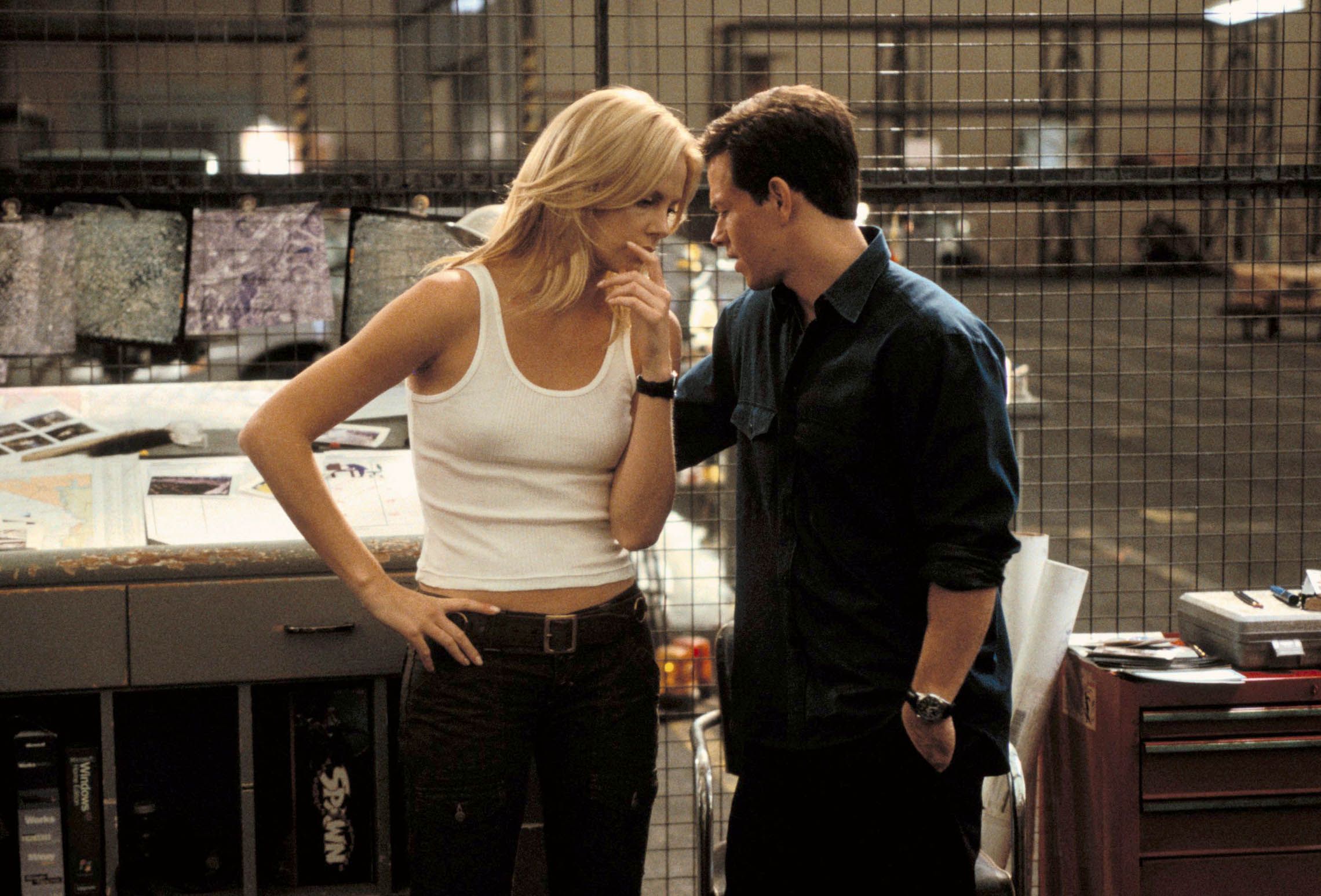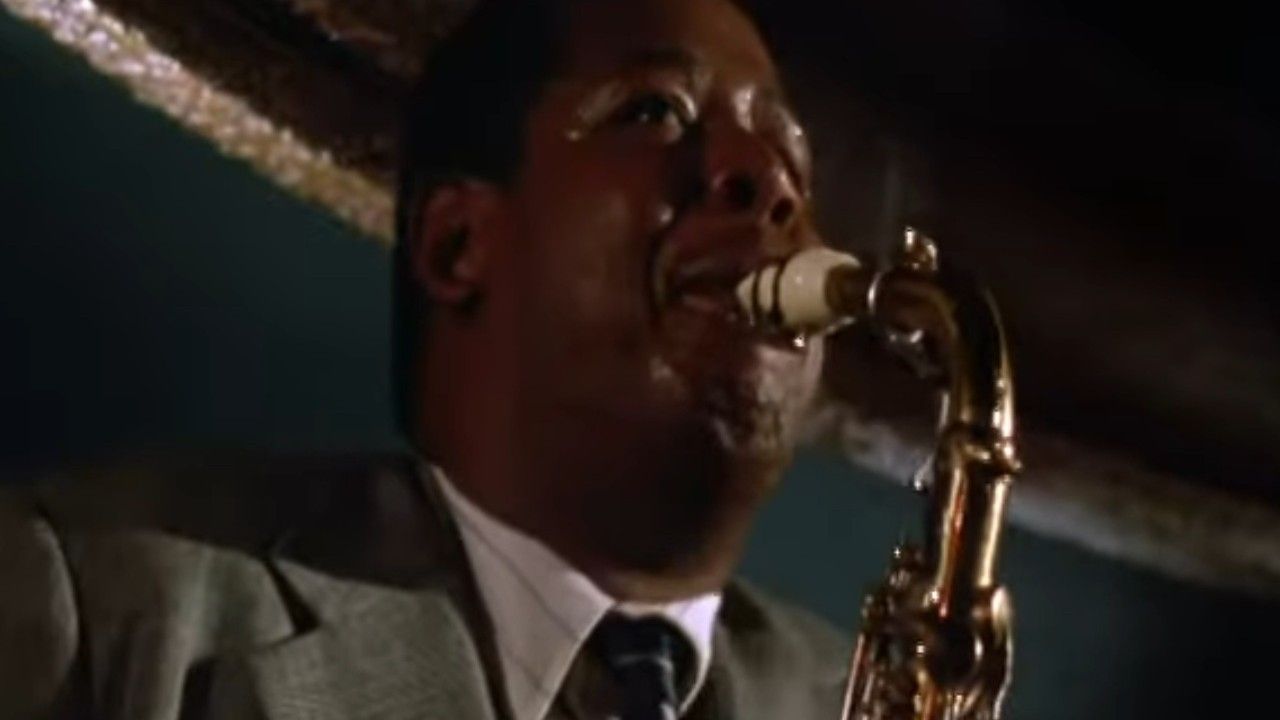Jason Statham’s “ingenious” heist thriller inspired by British classic lands new UK streaming home

The new version takes its inspiration from the 1969 film starring Michael Caine, and boasts a cast including Seth Green, Mos Def, and Donald Sutherland.








